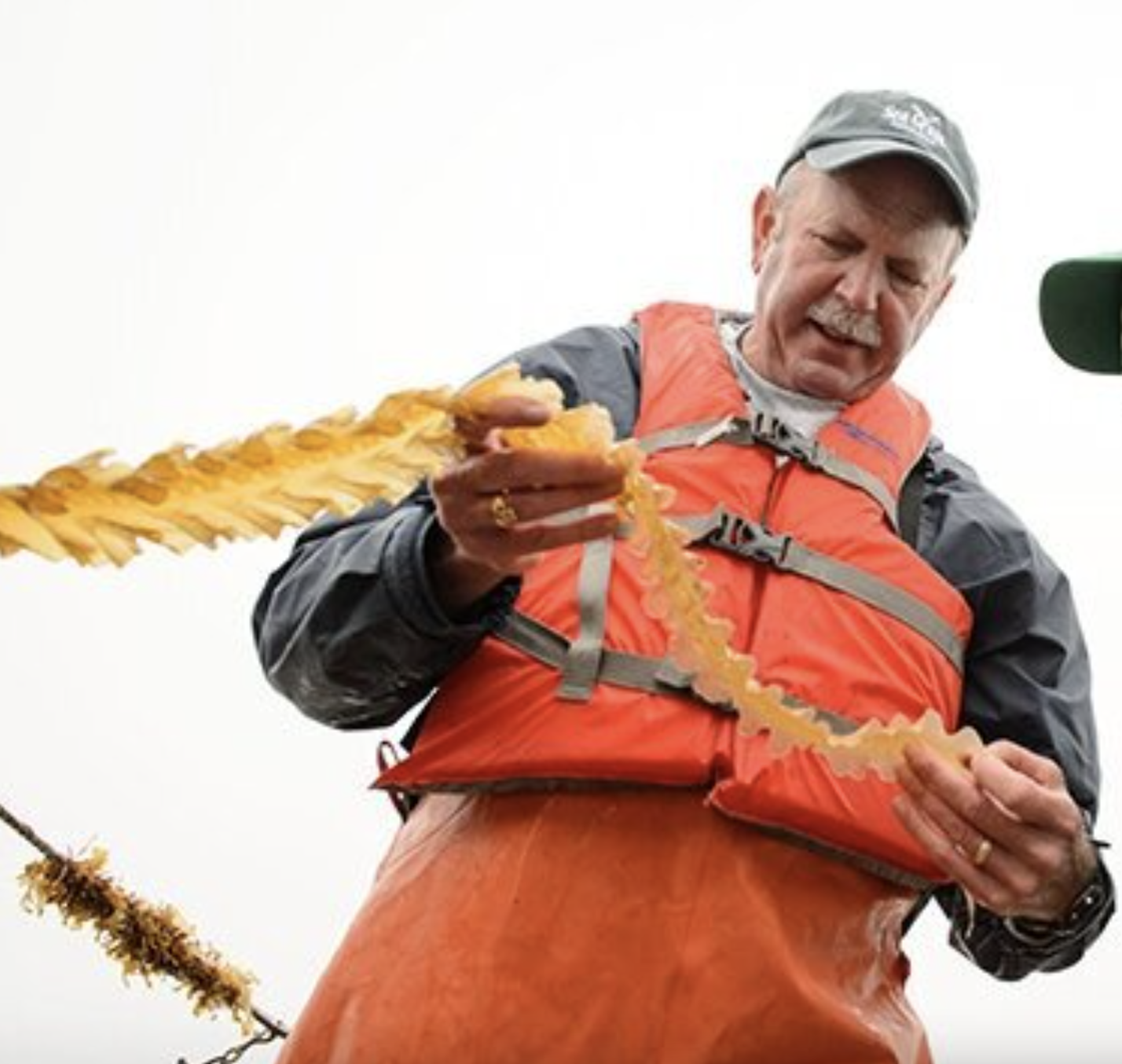GreenWave Welcomes Dr. Charlie Yarish as Chief Scientist
Dr. Charlie Yarish
University of Connecticut
Among his many achievements, Dr. Charlie Yarish is credited for his involvement in developing the global and North American seaweed aquaculture industries and establishing the internationally recognized Seaweed Marine Biotechnology Laboratory at University of Connecticut (UCONN). Last month, GreenWave welcomed the UCONN Professor Emeritus to the team as Chief Scientist. In his new role, Charlie will advise on the scientific underpinnings of GreenWave’s kelp hatchery and farmer programs, including the Kelp Climate Fund. “Charlie’s vision of applied science is what the world needs: experts who have their eyes on both knowledge and social need,” says GreenWave Co-Founder Bren Smith. “We are absolutely honored to have him as part of the team.”
Known as the grandfather of the U.S. commercial seaweed industry, Charlie’s work spans a range of projects that are considered foundational to today’s kelp movement. Foremost among these is co-founding the multinational group of scientists and engineers who developed and defined Integrated Multi-Trophic Aquaculture. IMTA is what we now call regenerative ocean farming–the polyculture farming model that brings different plants and animals into the same space to function like a naturally occurring ecosystem. Other key initiatives led by Charlie include groundbreaking studies on seaweed as a means of removing excess nutrients from urban waterways, also known as nutrient bioextraction; establishing a seaweed “seed bank” freely available to aquaculturists; and serving an 18-year tenure as the science co-chair of the Science Technical Advisory Committee of the Environmental Protection Agency’s Long Island Sound Study, where he collaborated on coastal management and public policy issues and promoted seaweed cultivation as a tool for ecosystem services.
After years of developing seaweed aquaculture around the globe, Charlie spearheaded efforts to build a thriving kelp industry in New England, with a particular focus on his home waters of Long Island Sound. “The strength of an industry lies in bringing people together, appreciating everyone’s strengths, and having a common dream,” says Charlie.
While strategizing ways to rally support for this new industry, Charlie recognized the importance of using different forms of communication to reach a wide range of audiences. Over the course of his career, Charlie produced a plethora of resources in a wide range of formats, including kelp farming manuals, YouTube videos, and scientific papers. Resources found on GreenWave’s Ocean Farming Hub, which launched in April 2022, incorporate Charlie’s work and the work of other academics and practitioners in the field. “The Hub does everything we need to get more people involved,” says Charlie. “The idea of having a prospective farmer start using Farm Design Tools and working on business plans is absolutely essential.”
Charlie’s local advocacy efforts for the field have had national impact. While trying to advance the industry in the 2010s, he faced a major obstacle: there were no regulations for seaweed aquaculture in Connecticut coastal waters. In partnership with UCONN colleagues and their graduate students, Charlie drafted legislation to create regulations that would allow the seaweed industry in the state to thrive. Both legislative chambers passed the bill, which was signed into law in 2013. Connecticut’s Bureau of Aquaculture is now a leading agency for seaweed farming around the country.
Around this time, Bren reached out to Charlie to learn how to grow seaweed after Hurricanes Irene and Sandy devastated his oyster farm two years in a row. “He is one of the most important mentors in my life,” says Bren. “Charlie’s heart beats for people like me–folks who just want to make a living on a living planet.”
Early on, Bren and Charlie decided they needed to make seaweed cultivation economically viable in order to build a serious industry. “Bren is a good farmer because he knows how to both follow directions and innovate,” says Charlie. “Not only that, but he’s someone who knew how to communicate with people who worked on the water, and with other entrepreneurs.” Together, Charlie and Bren worked to incorporate kelp into the farm’s business model and recruited entrepreneurs to create kelp-based food products.
Less than a decade later, kelp products have broken into the food market thanks to companies like AKUA, Atlantic Sea Farms, Barnacle Foods, Blue Evolution, and Blue Dot Kitchen. Charlie is eager to see how the industry continues to grow in other markets. “This excitement across the board shows seaweeds are relevant for new products and ecosystem services,” he says. “Seaweed is relevant as part of a global solution for food production, animal feed, cutting down on greenhouse gas emissions, and more.” Charlie emphasized that, while seaweed is one of many solutions to these climate challenges, it’s imperative that new initiatives stay rooted in science. “We need to make sure we don’t get too far ahead of the science,” says Charlie. “We need to build an industry on a strong science foundation, not false space.”
Though formally retired from UCONN, Charlie continues his lifelong work to grow the seaweed aquaculture industry and champion the economic and environmental benefits of seaweed. “Seaweed is powerful and offers tremendous potential to save working waterfronts, provide sustainable jobs, and boost the U.S. economy,” says Charlie.
Charlie’s support has been instrumental in GreenWave’s development, and the organization will continue to partner with him and other researchers to draw on the latest kelp research to develop training and resources that support regenerative ocean farmers. We’re excited to have Charlie on the team to review and advise on the scientific basis of our farmer programming and consult on new projects. “Charlie’s expertise and experience are unmatched,” says Bren. “He’s always had an infectious way of bringing science to life.”




